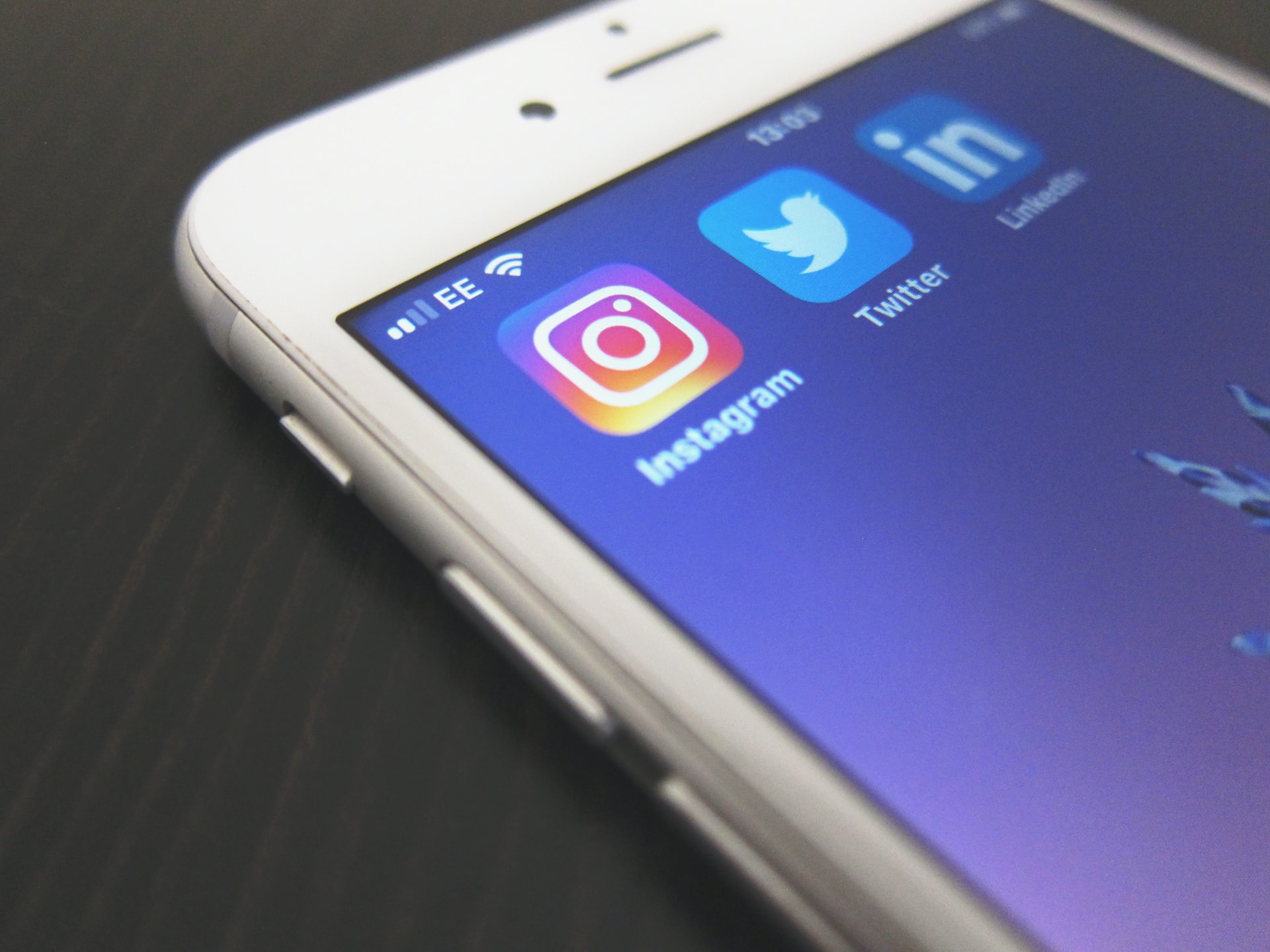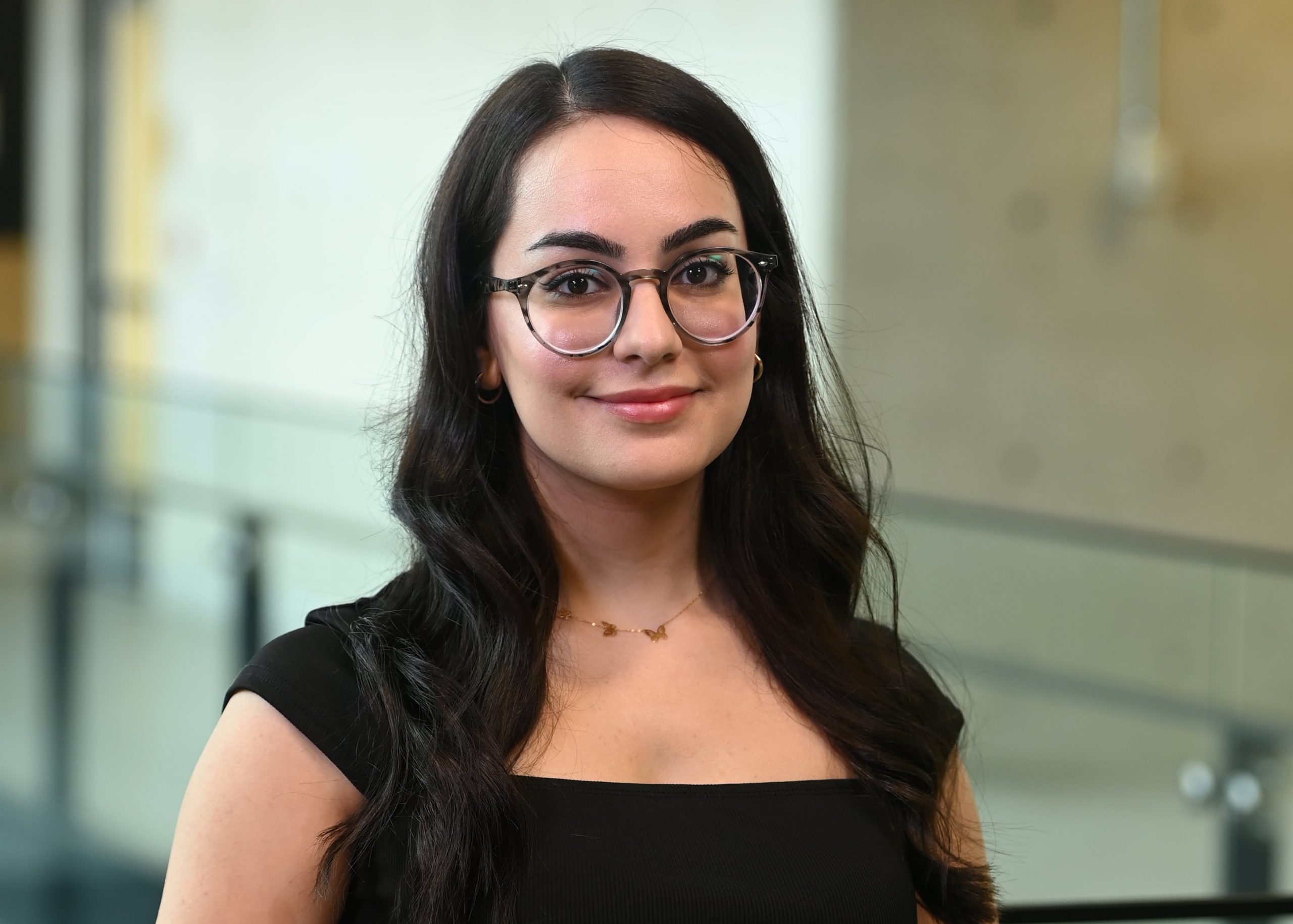
As an elder millennial, I remember a life before social media and the introduction of these platforms during my teenage years. While memories from the early days of ICQ and MSN Messenger may be a bit cringeworthy – over the past eleven years, modern social media channels have allowed me to build a professional network, develop a global oncology community, and share science communication in a way that would have otherwise been impossible. This month, I will be guest lecturing at the California Institute of the Arts on science communication in the adolescent and young adult oncology field – a connection I made through disseminating science via contributing to the HuffPost in the United States.
While there are important conversations to be had around their ever-changing algorithms, ownership and controversies, the use of social media channels by academics and healthcare providers continues to be on the rise. Despite the fact that anyone can open their own account, there is a science and skill to being able to effectively use these platforms and many healthcare professionals and academics are keen to learn how. One of the biggest draws to social media can be the multiple roles it can play in fostering professional development and academic advancement. Our recent review highlighted several important things that healthcare professionals should know about this topic. The following are some tips and highlights:
1. Interested in amplifying your research? Studies have found that tweets are significantly associated with subsequent citations of journal articles.
2. Find out your conference’s hashtag and use it! Tweeting from conferences allows you to amplify the messages being shared and also build your professional network.
3. Interested in peer-to-peer teaching in an informal forum? Journal clubs on social media are allowing users to participate from anywhere in the world. On Twitter, there are tweet chats centred around journal articles (e.g., #radonc #jc; Radiation Oncology Journal Club) and newer ones taking place on Twitter Spaces (e.g., the monthly CME accredited Legoreeta Cancer Center at Brown University’s Breast & GYN Cancers Journal Club #BrownJC Space).
4. Expand your horizons! Participating in social media opens you up to broader perspectives and the opportunity to be part of conversations with multiple stakeholders. Participating in tweet chats can allow you to take part in live, vibrant, public discussions around healthcare-related topics and research priorities. These interactions can help you develop collaborations and new insights on your work.
5. Connect with those who get it! Social media can help facilitate collective support. Private groups (e.g., Facebook Hematology-Oncology Women Physician Group (HOWPG)) can offer education opportunities and the ability to discuss challenges others may not relate to.
For more on this topic, please see our recent manuscript (reference below) focused on those working specifically in oncology. How did I become part of this collaborative based out of Brown and Stanford’s Medical Schools? Twitter, of course (and about 15 years of hard work developing subject area expertise)!
Chidharla, A., Utengen, A., Attai, D. J., Drake, E. K., van Londen, G. J., Subbiah, I. M., Henry, E., Murphy, M., Barry, M. M., Manochakian, R., Moerdler, S., Loeb, S., Graff, S. L., Leyfman, Y., Thompson, M. A., Markham, M. J. (2022). Social media and professional development for oncology professionals. JCO Oncology Practice, 18(8), 566-571. doi: 10.1200/OP.21.00761










